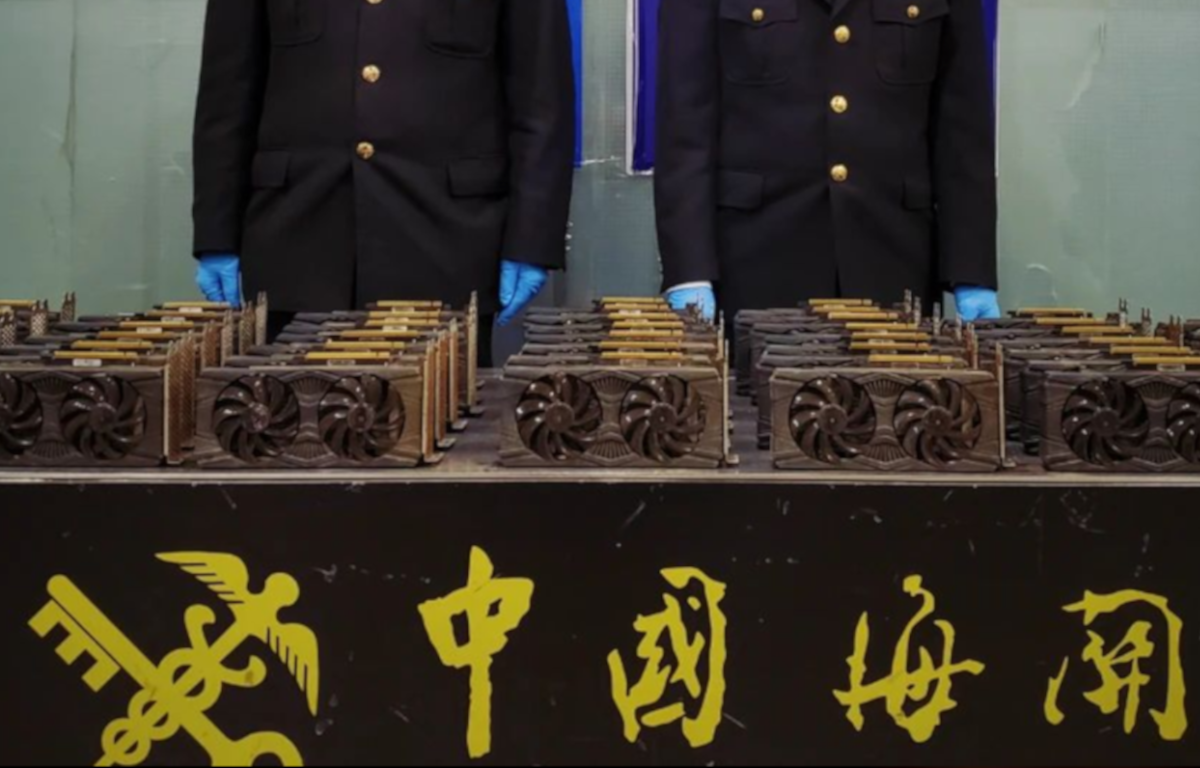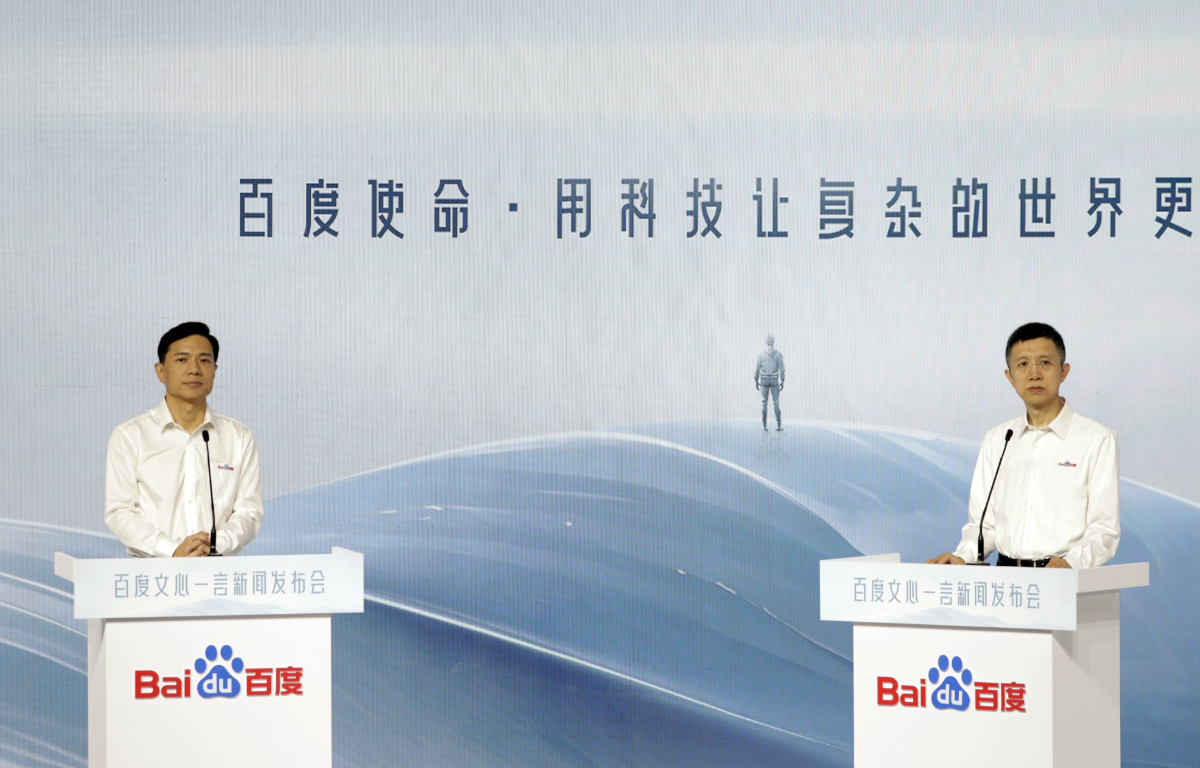
Ford, like many other automakers, has been investing heavily in electric vehicles as part of its commitment to reducing carbon emissions and meeting the growing demand for EVs. In this pursuit, the company initiated a significant project to develop its own EV batteries. These batteries are a critical component of electric vehicles, and many automakers are looking to secure a reliable and cost-effective supply.
The project aimed to establish a strong foothold in the EV market by producing batteries in-house, reducing reliance on third-party suppliers, and controlling costs. Ford’s ambition was evident as it planned to build a massive battery manufacturing facility in the United States.
In the midst of this ambitious venture, Ford announced an unexpected pause in its EV battery project. This decision raised eyebrows and generated speculation about the underlying reasons. Ford stated that it was taking this step to reevaluate its strategic priorities and ensure that the project aligns with its long-term goals.
One of the primary reasons cited by Ford for the pause was the rapidly changing landscape of battery technology. EV battery technology is advancing at a remarkable pace, with new developments occurring regularly. Ford may be reconsidering its initial plans in light of these advancements to ensure it stays at the forefront of innovation.
However, the decision to pause the project also caught the attention of Republican lawmakers, who have raised concerns about potential ties between Ford and the Chinese Communist Party (CCP). These concerns stem from the fact that Ford had been exploring partnerships with Chinese companies for its battery supply chain.
It’s important to note that allegations of CCP ties have become a sensitive issue in U.S. politics, particularly in the context of national security and intellectual property concerns. Lawmakers are keen to ensure that American companies do not inadvertently share sensitive technology or intellectual property with entities associated with the CCP.
Ford has maintained that its partnerships were solely aimed at securing a stable supply chain for batteries and were not politically motivated. The pause in the EV battery project, the company asserts, is a strategic business decision unrelated to political pressures.
The pause in Ford’s massive EV battery project has raised questions about the complex interplay between business decisions and political scrutiny. While Ford cites changing technology and strategic reevaluation as reasons for the pause, Republican lawmakers are probing for any potential connections to the Chinese Communist Party.
As the automotive industry continues its transition toward electric vehicles, it’s clear that navigating this landscape involves not only technological challenges but also careful consideration of political sensitivities. Ford’s decision to pause its EV battery project underscores the need for transparency, strategic planning, and diplomacy in the pursuit of sustainable transportation solutions. Ultimately, the outcome of this pause will shape Ford’s role in the future of electric mobility and its standing in the eyes of both consumers and policymakers.










Share this: